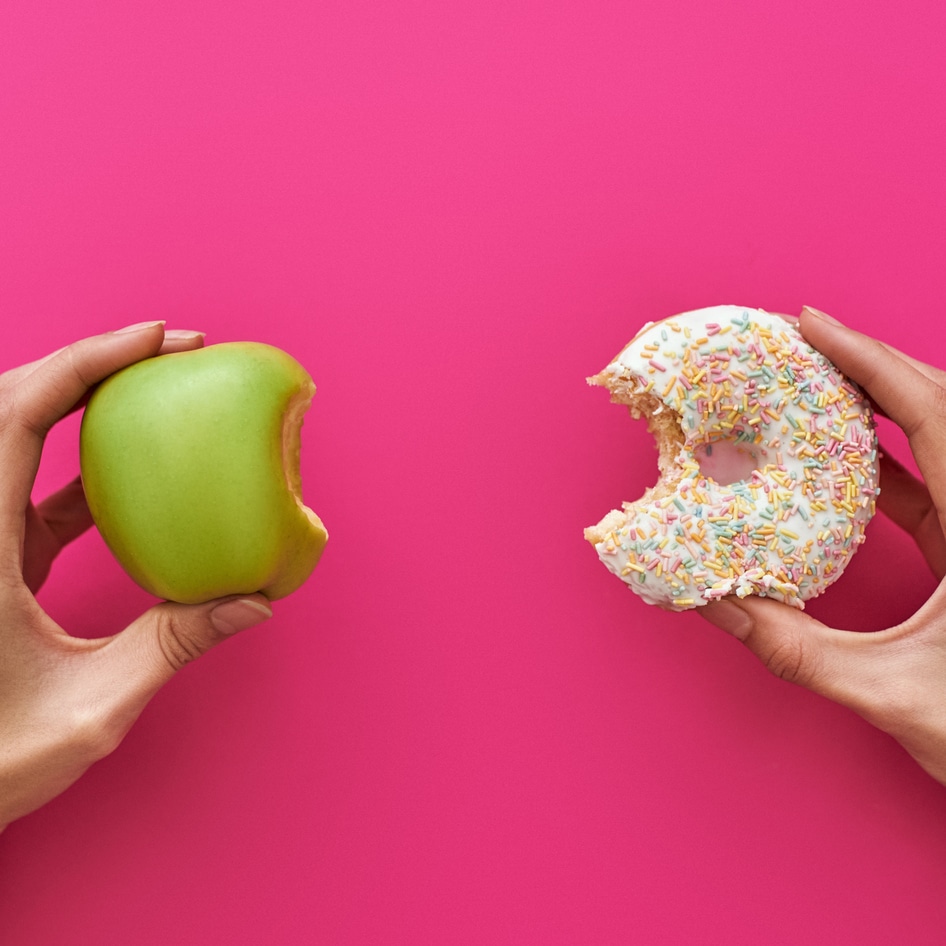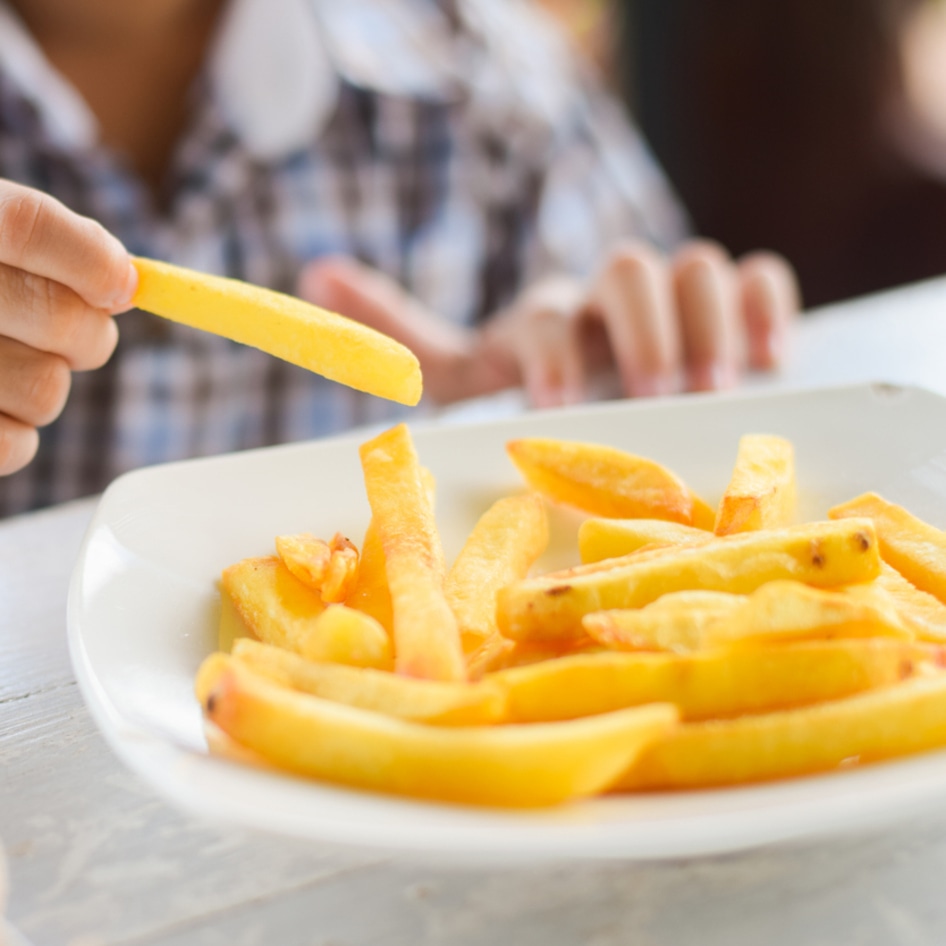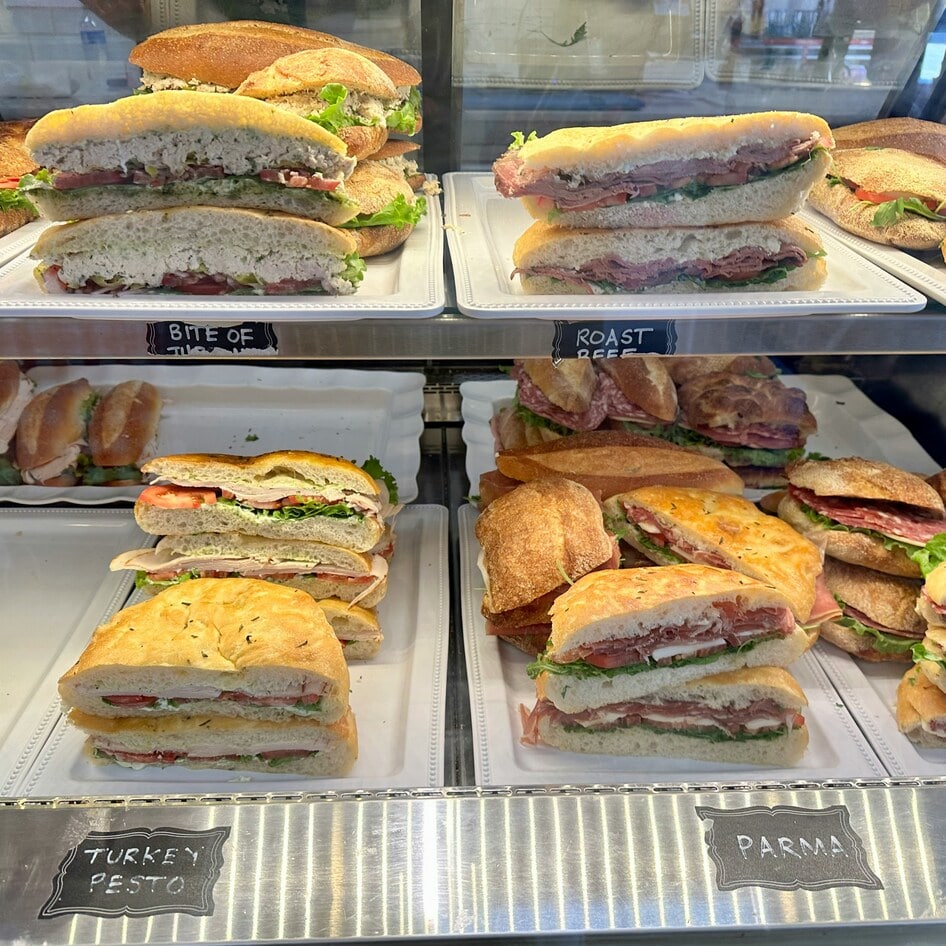If you’re trying to eat healthier without counting calories or obsessing over portions, new research suggests it might be less about how much you eat and more about what kind of food ends up on your plate.
In a new study from researchers at University College London (UCL) and University College London Hospitals (UCLH), participants following a diet full of minimally processed meals lost twice as much weight as those eating ultra-processed foods—even though both diets were matched in calories, fat, sugar, fiber, and protein.
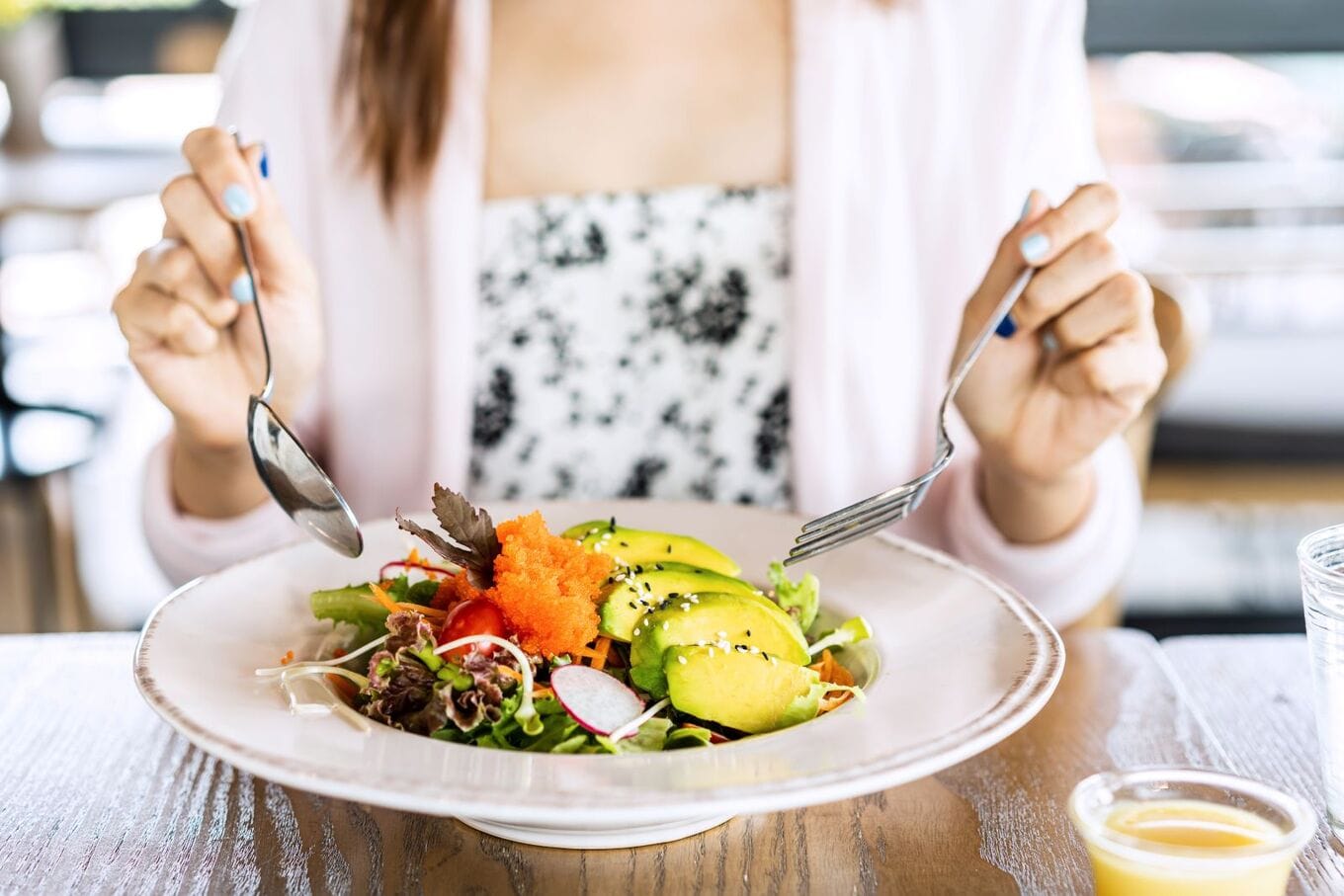 Adobe
Adobe
The eight-week trial, published in Nature Medicine, is the longest of its kind to date looking at how food processing—not just nutrition labels—impacts our bodies. People were given plenty of food and told to eat as much or as little as they wanted. No one was asked to cut calories, and yet those eating minimally processed meals naturally ate less and lost more weight.
“We saw a significant reduction [in weight] on both diets, but the effect was nearly double on the minimally processed diet,” said Samuel Dicken, MSc, PhD, lead author of the study. “Though a 2 percent reduction may not seem very big, that is only over eight weeks and without people trying to actively reduce their intake.”
Researchers estimate that stretched over a year, that modest difference could mean losing 13 percent of body weight for men and 9 percent for women on a minimally processed diet—compared to just 4 percent and 5 percent on the ultra-processed plan.
So what counts as ultra-processed?
Ultra-processed foods (UPFs) include many of the things you’ll find in the freezer aisle or center store shelves: ready-made meals, packaged snacks, sweetened breakfast bars, and flavored beverages. Even “healthy” versions can fall into this category. Minimally processed foods (MPFs), on the other hand, include things like overnight oats, whole grains, fruits, vegetables, legumes, and home-cooked meals made from scratch.
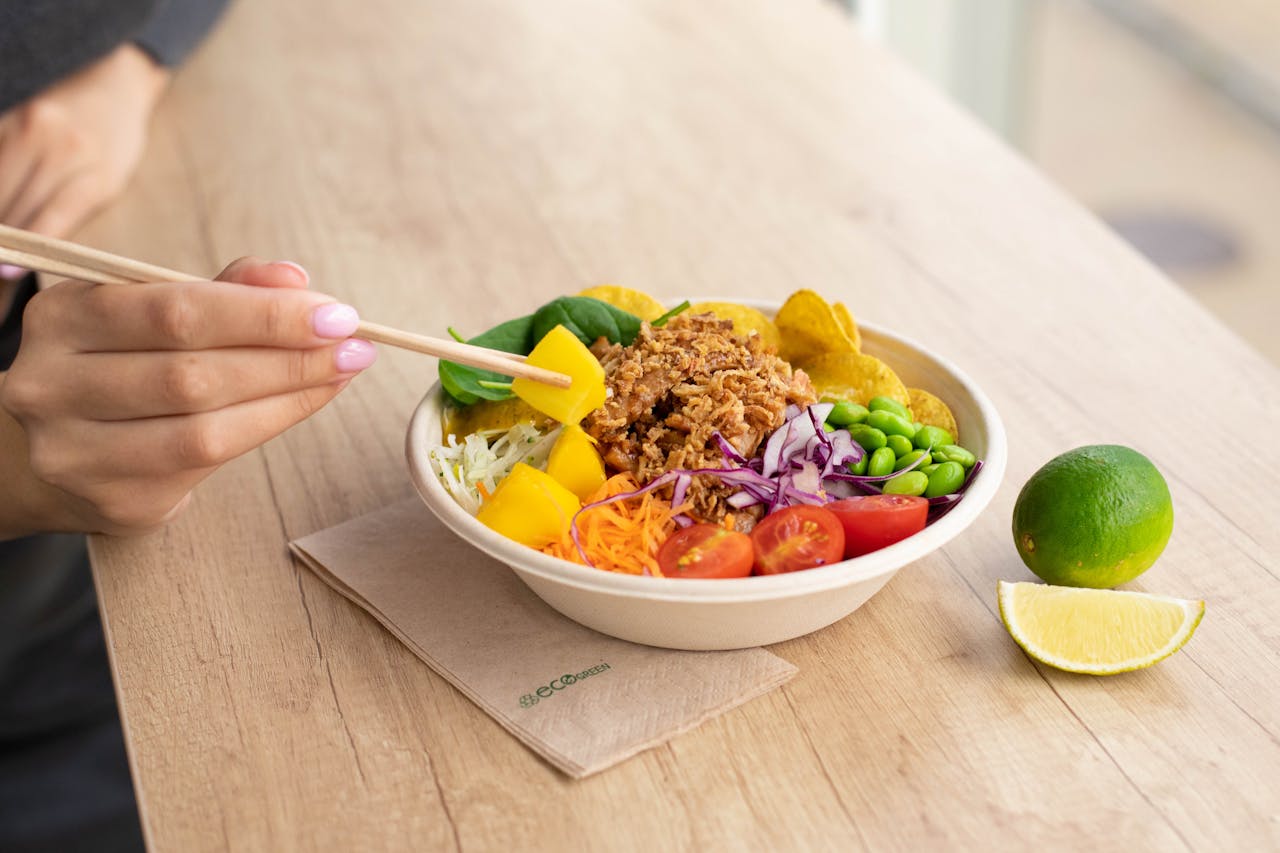
In the UCL study, participants ate both types of diets in a controlled setting. One group began with eight weeks of minimally processed meals like homemade spaghetti bolognese and veggie-packed breakfasts, while the other group started with ultra-processed options like microwaveable lasagna and oat snack bars. After a break, they switched. The results were clear: less processing led to more natural weight loss and better control over cravings.
In fact, people eating minimally processed meals said they had an easier time resisting junk food temptations. Craving control improved twofold overall, fourfold when it came to savory foods, and nearly doubled when resisting their personal favorite indulgent foods.
Diet matters more than exercise, too
If that wasn’t enough motivation to rethink processed food, another recent study may help clear up one of the biggest myths about weight gain: that we just need to move more.
Published in PNAS and led by a global team of researchers, the study looked at how many calories more than 4,200 people from 34 countries burned every day—from active hunter-gatherer tribes to urban office workers. Surprisingly, they all burned roughly the same amount of energy, regardless of how physically active they were.
“This does sort of really fly in the face of what a lot of us anecdotally assumed was driving a lot of the weight gain and obesity today,” Deirdre Tobias, an assistant professor at Harvard’s T.H. Chan School of Public Health, told NPR.
So if calories burned are similar around the world, what explains skyrocketing obesity rates in countries like the US and the UK?
That answer, scientists say, is food.
“This study highlights the importance of ultra-processing in driving health outcomes in addition to the role of nutrients like fat, salt and sugar,” said Professor Chris van Tulleken from UCL. “It underlines the need to shift the policy focus away from individual responsibility and on to the environmental drivers of obesity, such as the influence of multinational food companies in shaping unhealthy food environments.”
What does this mean for you?
The takeaway from both studies is simple: it’s not just about eating less, moving more, or even reading nutrition labels. It’s about getting back to basics.
Professor Rachel Batterham, senior author of the UCL study, put it this way: “Choosing less processed options such as whole foods and cooking from scratch, rather than ultra-processed, packaged foods or ready meals, is likely to offer additional benefits in terms of body weight, body composition and overall health.”
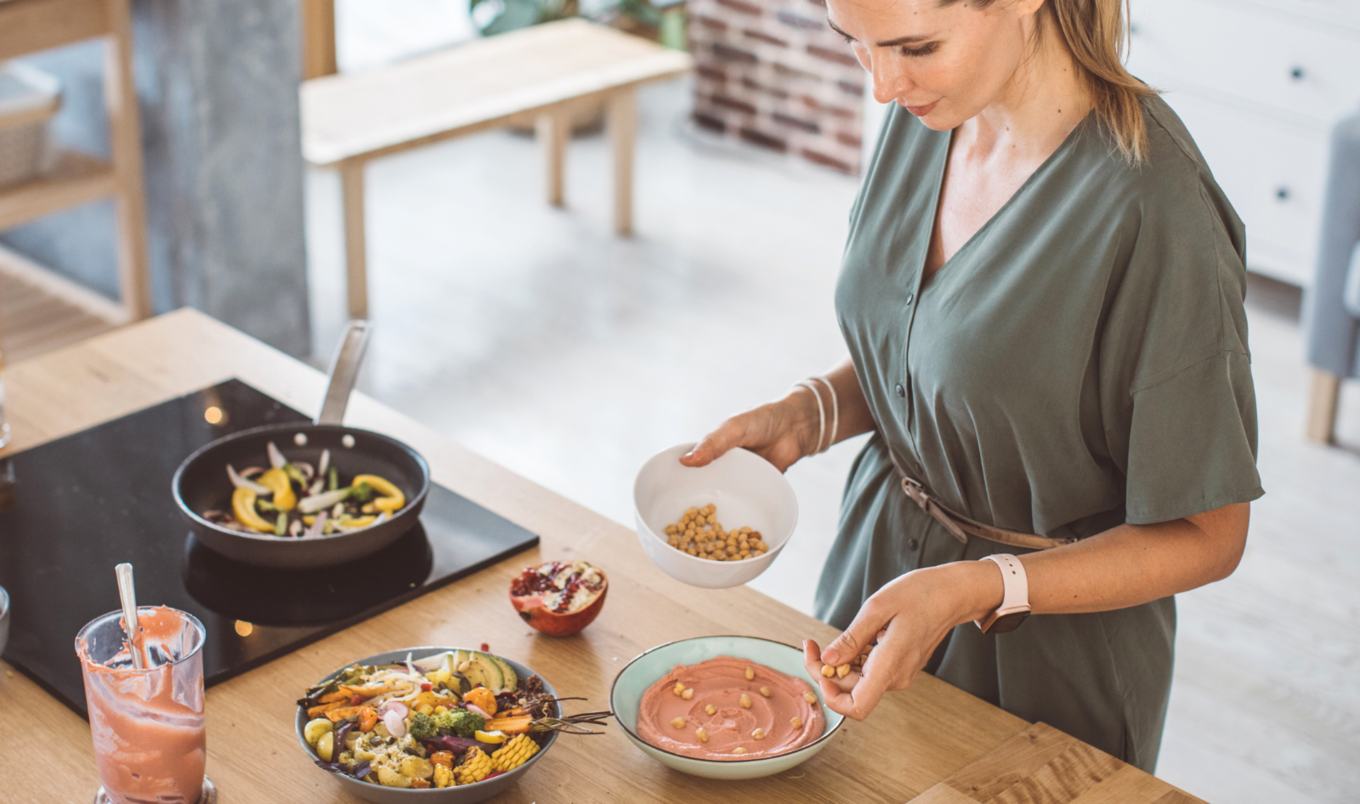 Canva
Canva
BECOME A VEGNEWS VIP: Get exclusive product deals, freebies, and perks galore!
And while following government dietary guidelines—like those in the UK’s Eatwell Guide—can be challenging, even small steps can help. Most of the UCL study participants usually ate diets high in ultra-processed foods. Yet when they switched to a balanced diet, even the ultra-processed one, they saw some positive health changes. But the biggest benefits came from meals made with whole ingredients.
Despite the wellness world’s obsession with willpower and discipline, the truth might be that less effort is needed when we eat foods that are closer to nature. The body seems to do the rest on its own.
As Professor van Tulleken summed it up, the real issue isn’t personal failure—it’s a food system built around cheap, hyper-palatable, processed options. “Stakeholders across disciplines and organizations must work together and focus on wider policy actions that improve our food environment,” he said, pointing to things like warning labels, marketing restrictions, and subsidies to make healthy food more accessible.
For more plant-based stories like this, read:
JUMP TO ... Latest News | Recipes | Guides | Health | Subscribe


